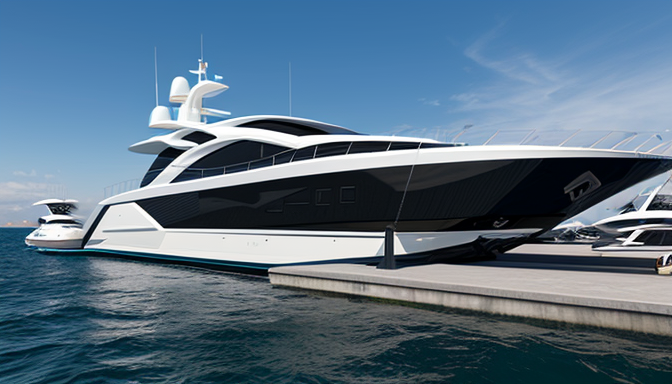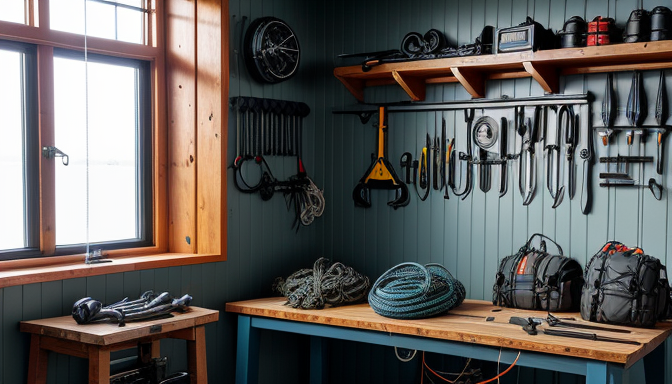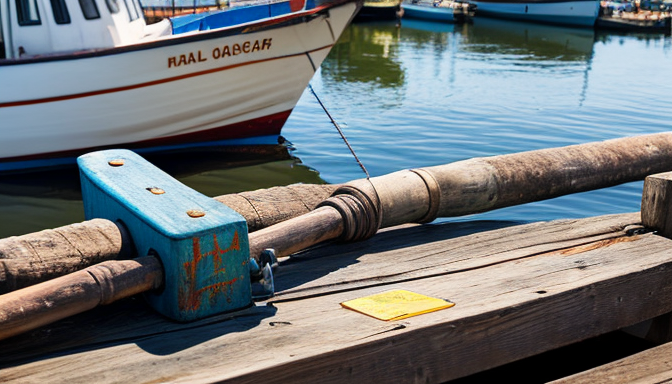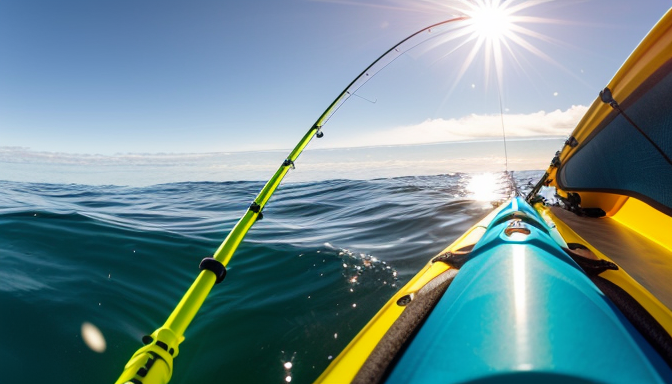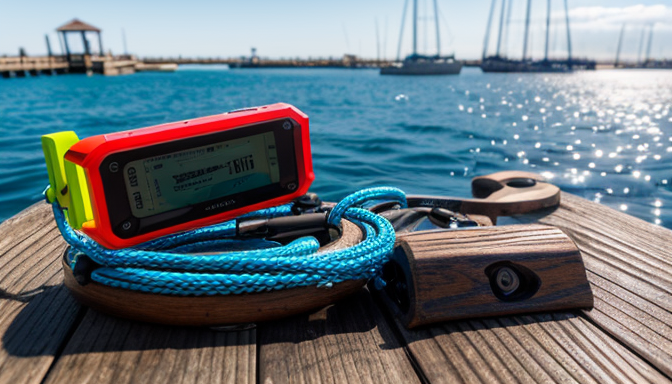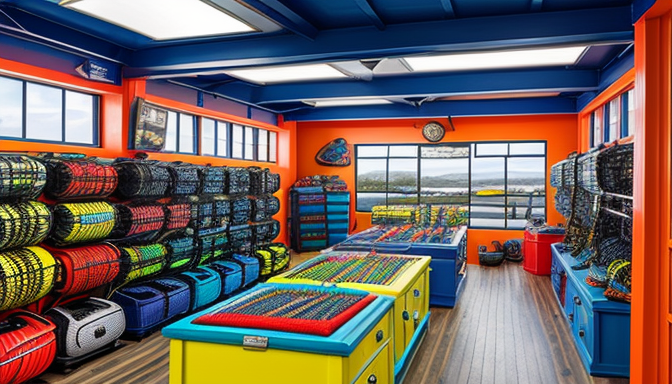The Future of Marine Equipment: Innovations to Watch
As we sail into the future, the world of marine equipment is brimming with exciting innovations that are set to transform the industry. Imagine navigating the open seas with tools that not only enhance safety but also boost efficiency! With the advent of smart technologies, the maritime landscape is evolving faster than ever. From Internet of Things (IoT) devices that monitor vessel performance in real-time to artificial intelligence (AI) systems predicting weather patterns, the potential is limitless. These advancements are not just about convenience; they are about creating a safer, more efficient maritime environment.
Moreover, the trend towards sustainability is gaining momentum. As the industry faces increasing pressure to reduce its environmental footprint, innovative solutions are emerging. Think of eco-friendly materials and energy-efficient engines that not only enhance performance but also protect our precious oceans. This shift isn’t merely a trend; it’s a necessity for the future of marine operations. Companies are investing in technologies that minimize waste and promote cleaner practices, ensuring that the beauty of our seas is preserved for generations to come.
In summary, the future of marine equipment is not just about the gear itself; it’s about how these innovations can lead to a safer, more sustainable maritime experience. As we look ahead, the blend of technology and environmental consciousness will undoubtedly set the course for the next wave of marine advancements.
Smart Technologies in Marine Equipment
The integration of smart technologies in marine equipment is revolutionizing the way we navigate the waters. Imagine a world where your boat can communicate with you, providing real-time updates on weather conditions, engine performance, and even potential hazards. This is not just a dream; it’s becoming a reality through advancements in IoT (Internet of Things), AI (Artificial Intelligence), and automation. These technologies are enhancing safety and efficiency, making maritime operations smoother and more reliable.
For instance, consider how AI-driven analytics can predict maintenance needs before they turn into costly repairs. By analyzing data from various sensors, these smart systems can alert you when a part is wearing down, allowing you to fix it before it fails. This proactive approach is akin to having a personal mechanic on board, ensuring that your vessel runs optimally at all times.
Moreover, the rise of autonomous vessels is another exciting frontier. These ships can navigate with minimal human intervention, using advanced algorithms to chart their course. The implications are vast, from reducing labor costs to enhancing safety by minimizing human error. As we embrace these innovations, the maritime industry is not just improving; it’s transforming into a smarter, more efficient sector.
In summary, the future of marine equipment is bright, driven by smart technologies that promise to enhance not only the performance of vessels but also the safety of those aboard. With these advancements, maritime enthusiasts can look forward to a more connected and efficient experience on the water.
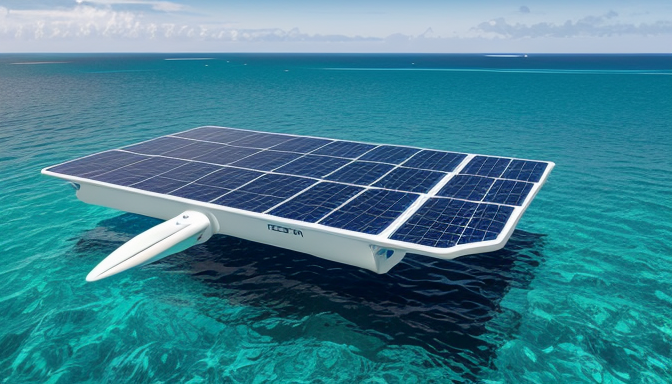
Sustainable Innovations for the Marine Industry
As the world shifts towards greener alternatives, the marine industry is not left behind. Innovations in sustainability are emerging at a rapid pace, aiming to reduce the environmental impact of maritime operations. Imagine a future where vessels are powered by clean energy sources, drastically cutting down on carbon emissions. This isn’t just a dream; it’s becoming a reality!
One of the most exciting advancements is the use of renewable energy technologies. Solar panels and wind turbines are being integrated into marine equipment, allowing ships to harness natural energy. For instance, many modern vessels are now equipped with solar sails that convert sunlight into usable energy, significantly reducing their reliance on fossil fuels. This shift not only helps the environment but also cuts operational costs, making it a win-win for shipowners.
Moreover, the development of eco-friendly materials is gaining traction. Manufacturers are now exploring biodegradable composites and recycled materials for constructing marine equipment. This means that even when equipment reaches the end of its life cycle, it won’t contribute to the ocean’s pollution. Instead, it will decompose naturally, leaving no harmful residues behind.
Additionally, the implementation of smart waste management systems aboard ships is revolutionizing how waste is handled at sea. These systems monitor waste levels and optimize disposal processes, ensuring that waste is managed efficiently and sustainably. In fact, many vessels are now equipped with advanced filtration systems that treat wastewater before it’s released back into the ocean, protecting marine ecosystems.
In summary, the future of marine equipment is looking brighter than ever with these sustainable innovations. The integration of renewable energy, eco-friendly materials, and smart waste management systems is paving the way for a more sustainable maritime industry. As these technologies continue to evolve, they promise not only to enhance performance and efficiency but also to safeguard our precious oceans for generations to come.
Frequently Asked Questions
- What are the latest smart technologies in marine equipment?
Smart technologies like IoT devices, AI-driven navigation systems, and automated safety protocols are transforming marine operations. These innovations help in real-time data collection, enhancing safety, and improving overall efficiency on the water.
- How is sustainability being integrated into marine equipment?
Manufacturers are focusing on eco-friendly materials and energy-efficient designs. Innovations such as solar-powered vessels and waste-reducing technologies aim to minimize environmental impact while boosting operational performance.
- What benefits do smart marine technologies offer?
These technologies provide better navigation accuracy, predictive maintenance, and enhanced safety measures. Imagine having a co-pilot that never sleeps, constantly analyzing data to keep you safe and efficient!
- Are there any challenges with adopting new marine technologies?
Yes, challenges include high initial costs, the need for training personnel, and potential integration issues with existing systems. However, the long-term benefits often outweigh these initial hurdles.
